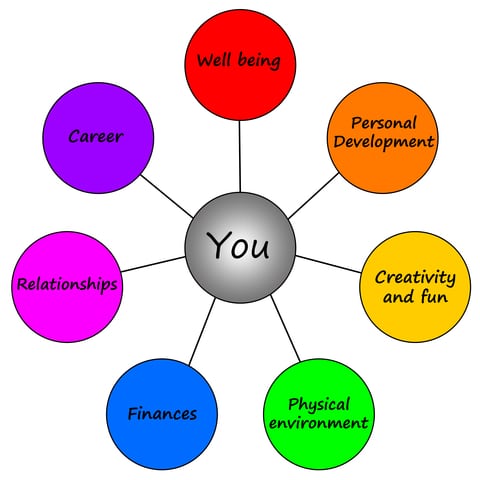
Almost half of all people struggling with heroin, oxycodone, or hydrocodone addiction are also experiencing depression or some other kind of emotional disorder. According to Dual Diagnosis.org, the person abusing opiates becomes confused about where his depression ends and his addiction begins.
Just the very fact of addiction is depressing. Researchers for the British Journal of Psychiatry have written how demoralizing it can be for the person who is addicted to wake up to a new day knowing it will be more of the same-old: wondering if they’ll run out of their drug, feeling lousy without it, and coming down from the high. The person with a heroin, oxycodone, or hydrocodone addiction has neither the time nor the energy to perform productive activities throughout the day. And they also know that their loved ones blame them for their addiction and wonder why they don’t do anything to stop it.
You may think that taking something like hydrocodone helps you feel better, but the biochemical nature of the hydrocodone addiction can lead to depression. The medication itself depresses the central nervous system. Some people who suffer from emotional disorders stumble upon relief by using opiates. So what comes first, the addiction or the depression? The chicken or the egg? It’s depressing!
When Depression Comes First
When doctors and scientists study the occurrence of depression among addicts, they ask three questions:
- Are the symptoms of depression caused by the drug abuse?
- Does the person self-medicate his existing depression by taking the drugs?
- What causes and effects drive the person’s addiction and depression?
The people who suffer from depression ahead of dependence find themselves unable to stop the journey into addiction. It’s common to find addicts who have experienced abuse or trauma at the hands of loved ones and then found solace through drugs. If someone suffers from a painful injury or illness that leads to hydrocodone addiction, the nature of that illness is depressing.
Some scientists believe that many people are more susceptible to addiction than others because their brains do not produce enough of the neurotransmitters that make us feel happy. For example, if you have a good exercise session, your brain produces endorphins. But some people do not produce sufficient quantities of those biochemicals. They only know that the drug makes them feel better without understanding anything about neurotransmitters. Then, once they become addicted, the brain stops its own production of neurotransmitters because it relies on the addiction drug to stimulate that production. So the person with low neurotransmitter production uses drugs to feel better but biochemically he gets worse.
Treatment of Opiate or Hydrocodone Addiction Can Help
Getting into methadone treatment for opiate addiction can make a big difference. A person whose depression is worsened by his heroin, oxycodone, or hydrocodone addiction begins to feel better when he gets the drug—and the drug culture—out of his system.
And as recovery begins, the person will see improvements in their life that help lift the depression. The counselor involves the client in one-on-one sessions, asking them questions that will motivate them to make positive changes. In fact, therapeutic counseling is much preferred to the use of antidepressant medications, which do not interact well with methadone or Suboxone. Legal problems or social issues such as child custody or divorce may become mitigated as the person’s time in treatment increases.
Dual Diagnosis Recovery
Just like many addicts find help with AA or NA, there is an organization for people who suffer from depression, anxiety, low self-esteem, or other emotional issues. Dual Recovery Anonymous is there for those who want to talk to others when opiate addiction occurs alongside depression or mental health ailments. They can share common experiences and build support networks, just like the recovering addicts in other 12-step groups.
If you’re involved in a methadone program and you haven’t yet talked to your counselor about the things that worry you, it’s time to open up now. If you haven’t contacted your local methadone program yet, it’s way past time to do that! Life can get better than it is right now. Recovery can be the way to wellness.
